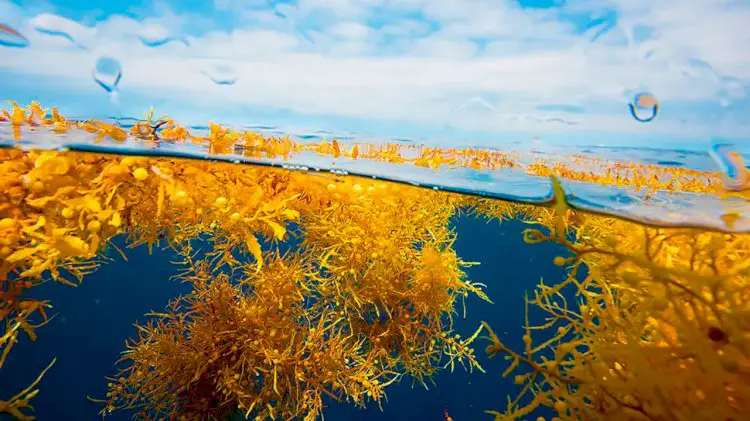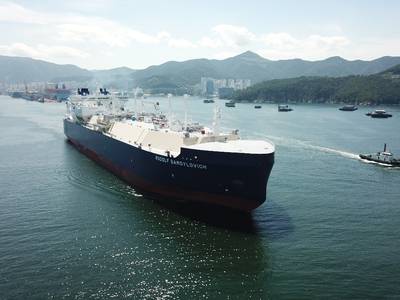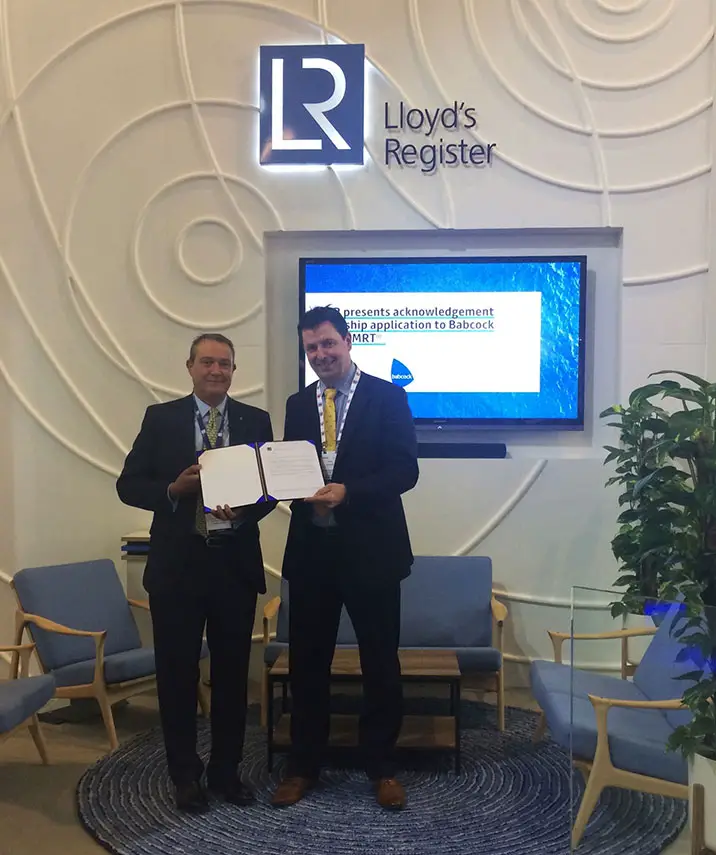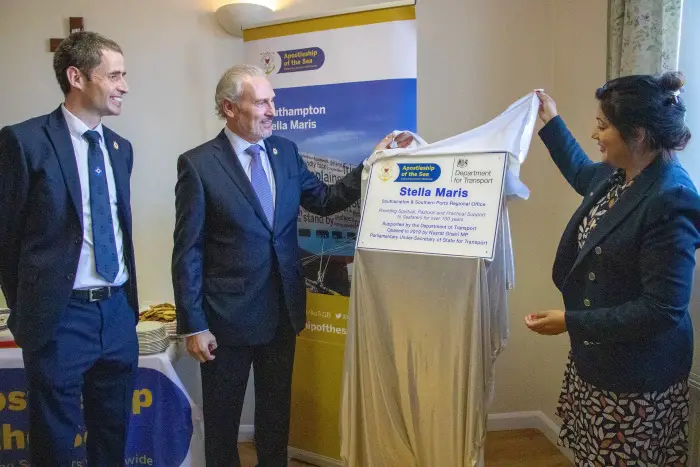Damen Partners With Maris To Consider Seaweed Solution

Damen Partners With Maris To Consider Seaweed Solution
In order to take charge of the issue of the invasive Sargassum seaweed in the Caribbean region which also included the Dutch Caribbean Islands, the Damen Shipyards Group and the Maris Projects have joined hands.
They are working together to develop solutions to the problem. The joint work by the companies will help get more knowledge about bioprocessing and will also lead to the development of effective technologies that will be capable of providing both environmental and socio-economic benefits.
There has been a significant and inexplicable increase in the quantity of Sargassum in the Caribbean Waters and along its shore.
A lot of problems are being faced in the region due to the weed. Apart from the bad odor that it gave out when decomposing, it led to the beaches being closed. The seaweed also clogs the engines and the fishing vessels’ net. Not only is it smothering the grasses of the sea and the coral reefs but is also emitting greenhouse gases when it decomposes.
Damen Green Solutions has joined hands with Maris to find a solution. Damen is to build up a solution for harvest, preprocessing and transportation of Sargassum that will be based on MultiCat. Maris has great experience in large preprocessing and anaerobic conversion technology. With the help of these, the consortium is looking for the possibility to turn the Sargassum into methane for energy purposes.
A local operating partner that will harvest the seaweed in Martinique and Guadeloupe, CMC has been idenfied. A contract is being made to make the consortium to be called Blue Caribbean Energy Solutions.
The Sargassum will be collected and purified by the consortium and will then be converted to biogas through a two-step process. The first step is the usage of low-temperature anaerobic digestion. In the second step, the residue of the first step will be fed into a high temperature anaerobic thermal reactor that will turn it into methane.
Damen Green Solutions director Marcel Karsijns explains: “Currently, the solutions to the Sargassum challenge only go as far as removing the weed from the sea. Often it is brought onto land and left to decompose, where it gives off damaging greenhouse emissions. What we are attempting to do is develop a holistic, circular solution that turns a negative into a positive. As well as offering clean energy, the aim of the project is also to deliver sustainable benefit to local economies.”
Along with the aim to turn Sargassum into energy, they will also aim to see if the harvest can be turned into fertilizer and/or feedstock for the agricultural industry.
The developments of the solutions will be presented in The Decade SARG EXPO between 24 and 26 October in Guadeloupe by the consortium.
Reference: https://www.damen.com/







